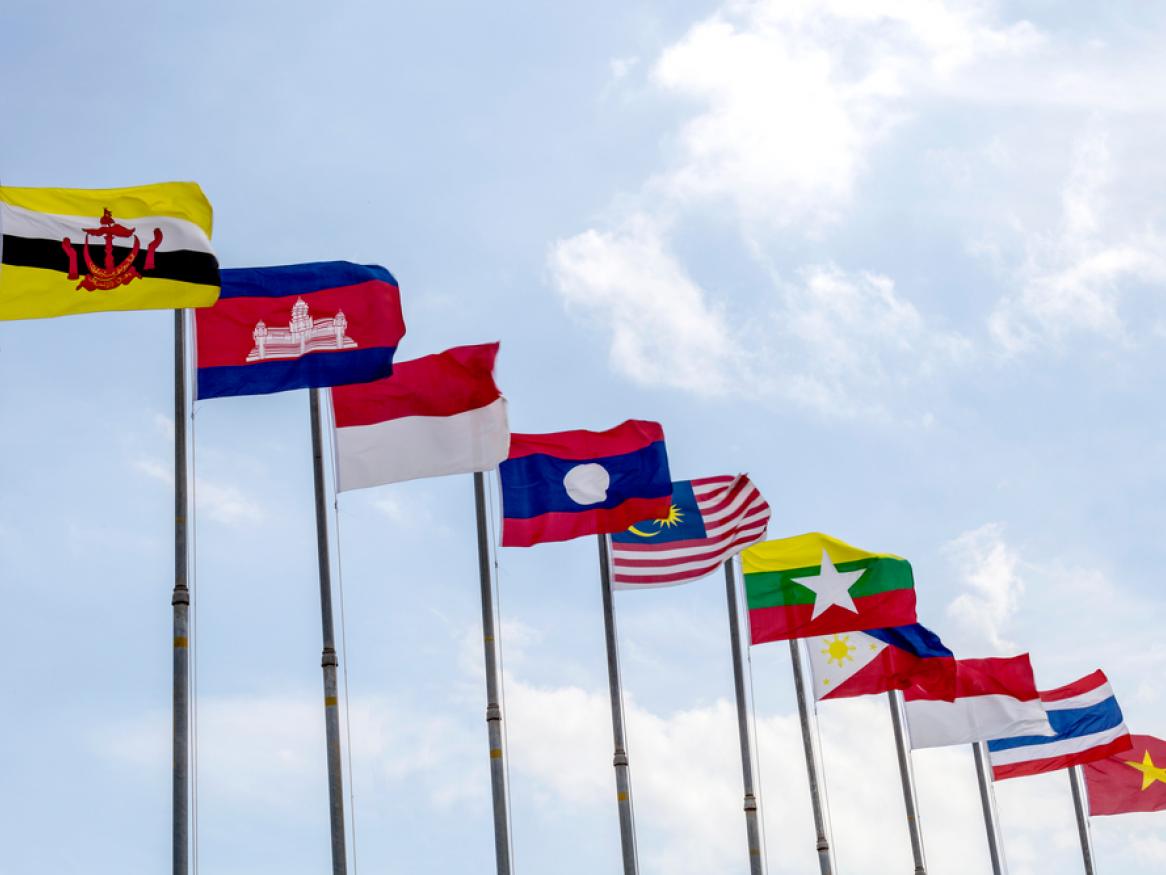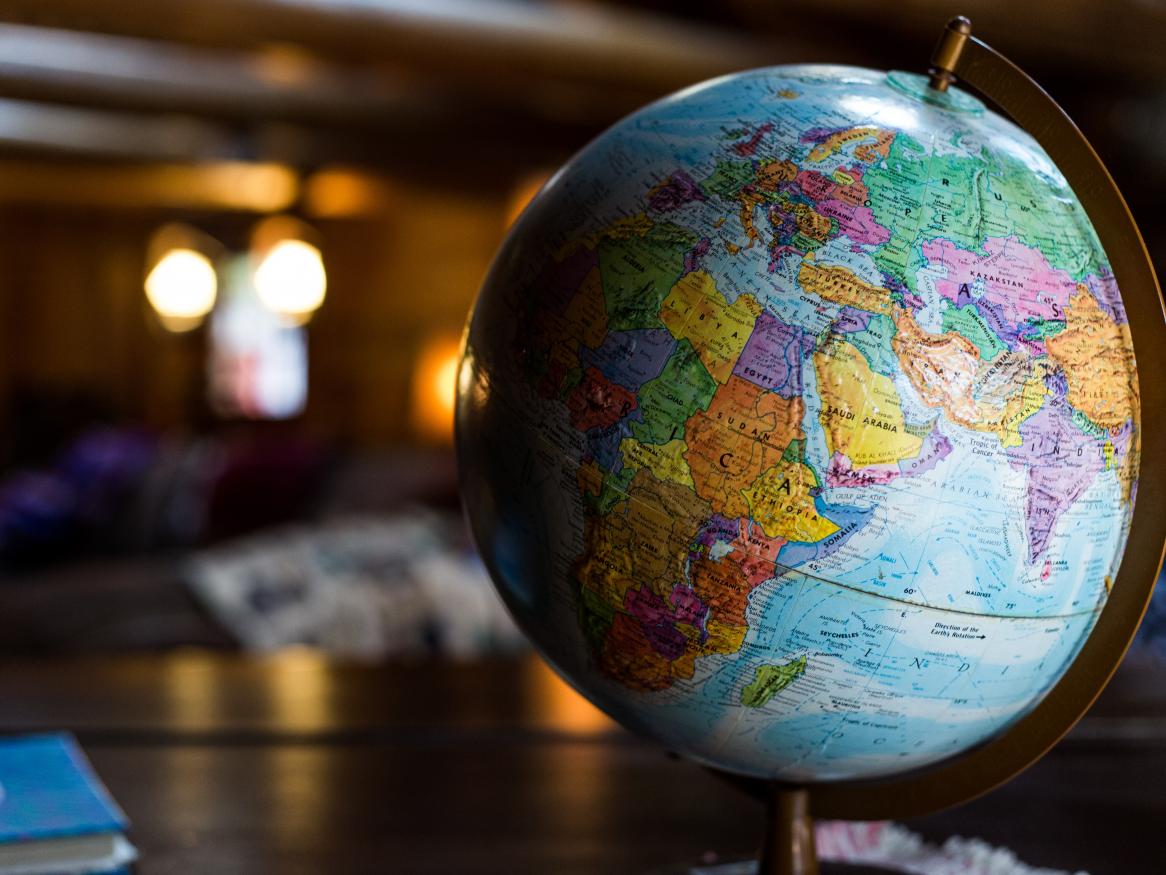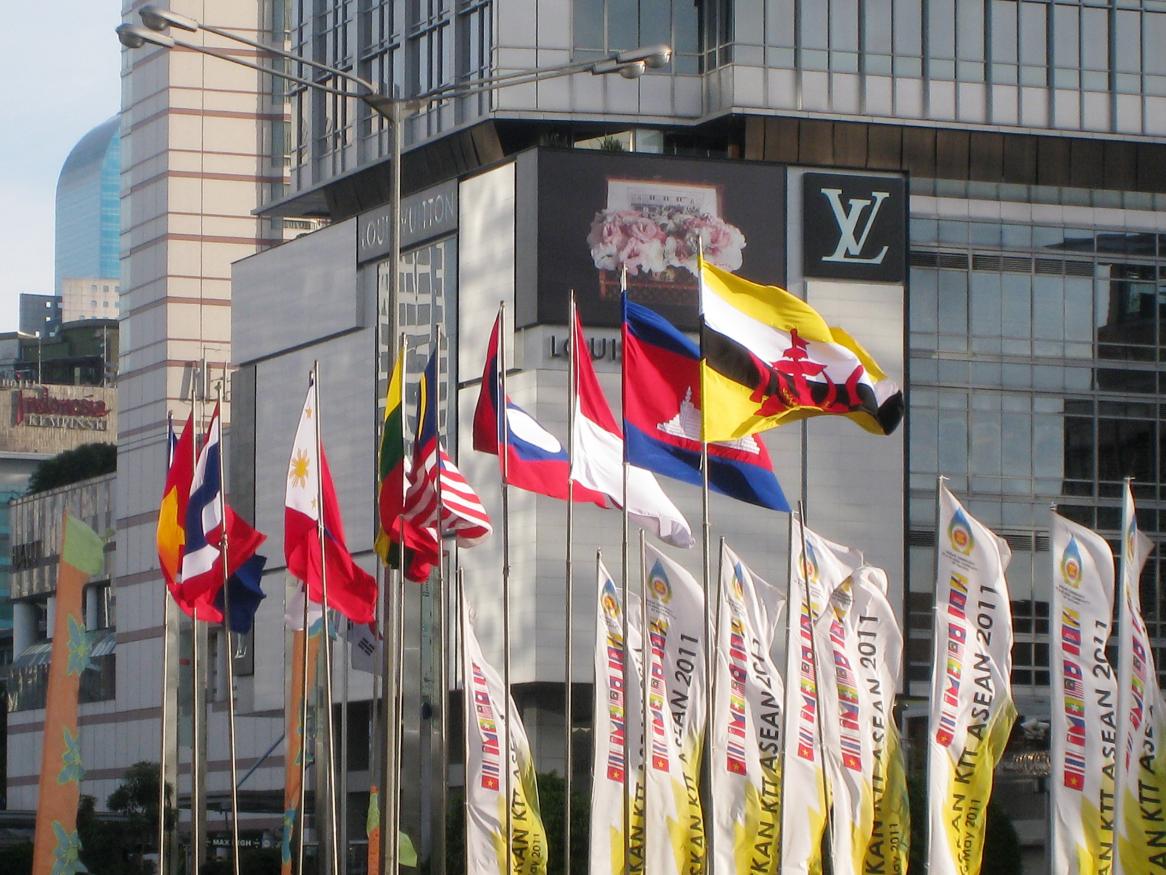News: Opinions
The “German” debate on supply chain ethics: assessing the role for businesses in human rights enforcement

Andreas Freytag, Professor and Chair of Economic Policy, Friedrich Schiller University, Jena, and Dr Naoise McDonagh, Lecturer in Political Economy, Institute for International Trade, University of Adelaide.
International supply chains have become a topic of fierce debate in Germany over the past weeks, and perhaps surprisingly not for pandemic-related issues. Proposed new laws requiring due diligence by firms to prevent human rights violations in their supply chains sparked controversy over the degree of responsibility firms can realistically be expected to bear, and how they may enforce this obligation.
The Perfect Storm: Interventionism, Inequality, Decoupling and Zombies

Carlos A. Primo Braga, Associate Professor, Fundação Dom Cabral and former Director, Economic Policy and Debt, The World Bank.
Covid-19 already ranks among the most impactful pandemics of the last 100 years. Most governments have put their economies in a temporary “coma” with a view to mitigate the spread of the virus (SARS-CoV2). This inevitably increases the economic pain associated with the pandemic in the short run and generates pressures for a quick return to normality. Lessons from the past, however, suggest that the health crisis can go on for much longer than most politicians anticipate.
[Read more about The Perfect Storm: Interventionism, Inequality, Decoupling and Zombies]
COVID-19 provides a rare chance for Australia to set itself apart from other regional powers. It can create a Pacific ‘bubble’

Peter Draper Executive Director: Institute for International Trade, University of Adelaide and Jim Redden Senior Lecturer & Visiting Fellow, Institute for International Trade, University of Adelaide.
For a short time Australia has an unrivalled opportunity to set itself apart from donors to the Pacific including China, Japan and the European Union. As Victoria’s current COVID-19 spike shows, it will take Australia some time to open its borders to the world and allow residents to travel wherever they like. But there’s no reason why it shouldn’t open its borders to some parts of the world sooner than others, especially those in which it has a special interest and in which the spread of coronavirus is slowing.
What could generate inclusive structural transformation in Africa?

By Dessie Tarko Ambaw, Postdoctoral Researcher, Institute for International Trade
Africa has experienced strong economic growth since the turn of the century, averaging 4.6% per annum. Yet achieving inclusive growth and structural transformation continue to be pressing challenges. Africa is the only continent where the number of poor people is still increasing.
[Read more about What could generate inclusive structural transformation in Africa?]
Brexit Done, A UK-EU Trade Agreement to Go?

By Richard Pomfret, Professor of Economics & Jean Monnet Chair Economics of European Integration, the University of Adelaide
A trade agreement between the UK and EU27 looks in trouble. The UK left the EU on 31 January. 2020 is the transition year when the Withdrawal Agreement is implemented and the UK and EU reach agreement on their future relations. Distracted by COVID, some people, e.g. Irish deputy PM Simon Coveney, argue that this timeframe for reaching agreement in future relations is too short, while UK negotiators insist that the deadline is non-negotiable.
[Read more about Brexit Done, A UK-EU Trade Agreement to Go?]
Responding to COVID-19: A key role for ASEAN in the region

By Milton Churche and Michael Mugliston, visiting fellows, Institute for International Trade, University of Adelaide.
A key characteristic of the health and economic crises unleashed by Covid-19 is the very high degree of uncertainty over the course of the disease, the trajectory of the economic downturn and the roadmap for restoring sustained economic growth. Indexes measuring global policy uncertainty are showing unprecedented levels of uncertainty. The World Pandemics Uncertainty Index that measures economic uncertainty associated with pandemics and other disease outbreaks since 1996 is at record highs.
[Read more about Responding to COVID-19: A key role for ASEAN in the region]
India’s Trade Policy: Embracing national interests and selective engagement

By Amitendu Palit, Senior Economic and Trade Policy Research Fellow at the Institute of South Asian Studies in the National University of Singapore.
Six months have passed since India decided to stay out of the Regional Comprehensive Economic Partnership (RCEP). With the rest of the RCEP members going ahead with the agreement and finalizing its text, India is unlikely to be a part of RCEP in the foreseeable future. This is notwithstanding the hint dropped by India’s external affairs minister Dr. S Jaishankar earlier in the year on India ‘rethinking’ the decision.
[Read more about India’s Trade Policy: Embracing national interests and selective engagement]
How will changes in U.S. CVD law impact developing countries?

By Jaiwei Fu, IIT Visiting Researcher
On February 10, 2020, the U.S. Trade Representative published an updated version of the "List of Developing and Least Developed Countries under U.S. Countervailing Duty Law" (CVD) in the Federal Register. Twenty countries, including India, Indonesia, South Africa, and Thailand, had their status as developing countries removed.
[Read more about How will changes in U.S. CVD law impact developing countries?]
COVID-19 and Africa

By Ziyaad Ebrahim, IIT PhD Candidate and Independent Trade and Development Consultant.
Africa is poised to be the next epicentre of the COVID-19 pandemic, according a report by the United Nations Economic Commission for Africa (UNECA). It suggests that in the best-case scenario, the virus would result in 300,000 deaths. At this stage, the mortality rate associated with the virus in the most affected regions is higher amongst the elderly population, whereas 60% of Africa’s population is below the age of 25.
COVID-19 and the ASEAN Summit: Acting on Medical Supplies and Food Security

by Milton Churche and Michael Mugliston, visiting fellows, Institute for International Trade, The University of Adelaide
COVID-19 has presented the world with both a major health and economic crisis. These crises have so far revealed a lack of leadership at the international level, thereby preventing a concerted response in the way that we have often seen in previous crises.
[Read more about COVID-19 and the ASEAN Summit: Acting on Medical Supplies and Food Security ]
The views expressed here are the author’s, and do not necessarily represent the views of the Institute for International Trade.
This work is licensed under Commons Attribution-NonCommercial-NoDerivatives 4.0 International License.
IIT is a global leader in researching, analysing and commenting on International Trade.
Stay informed about our up-and-coming seminars, events, publications, awards, new projects and collaborations, and other exciting news.
